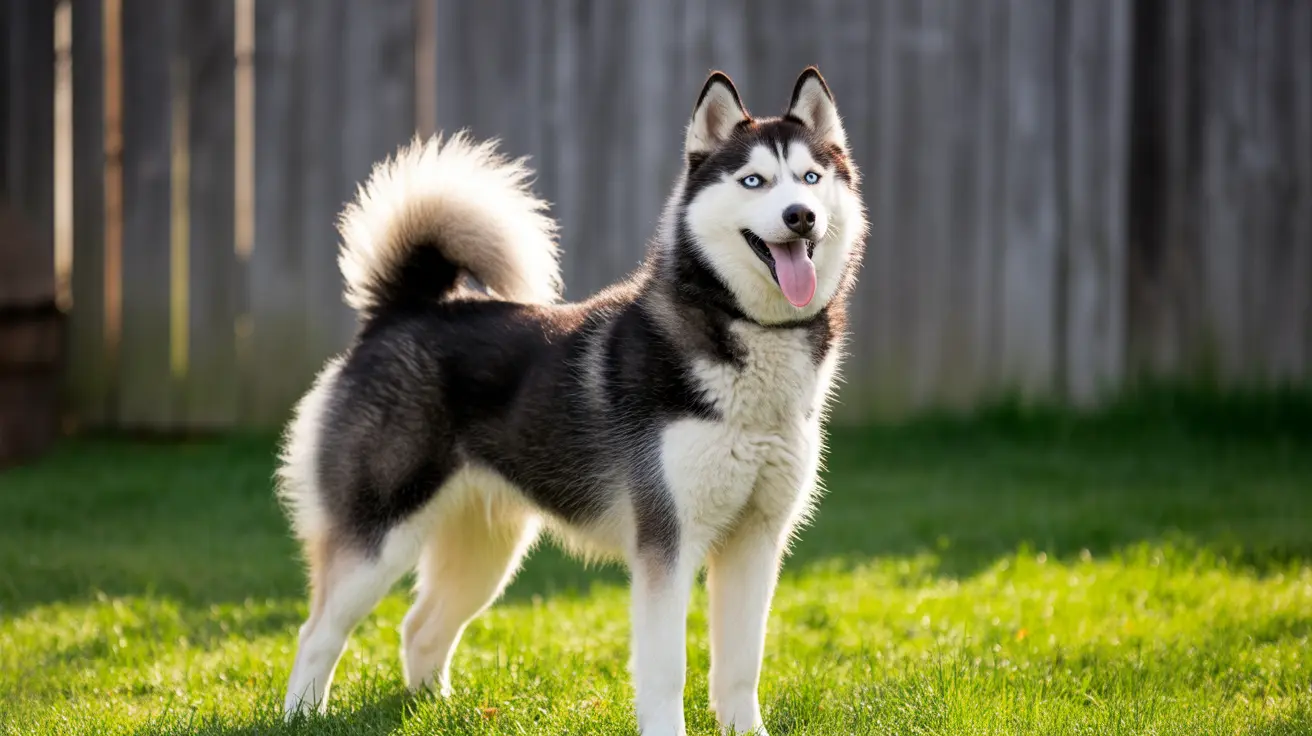If you're considering adding a Siberian Husky to your family, you might be wondering about their barking habits. While many dog breeds are known for their frequent barking, Huskies have a unique vocal repertoire that sets them apart from other dogs. Let's explore the truth about Husky barking and their distinctive communication style.
Contrary to what some might expect, Huskies actually don't bark a lot compared to other dog breeds. Instead, these charismatic canines are famous for their diverse vocal range, including howling, "talking," whining, and even their signature "Husky scream."
The Truth About Husky Barking Patterns
Siberian Huskies are relatively quiet when it comes to traditional barking. Many Husky owners report going months without hearing their dogs bark. When they do bark, it's usually in response to specific triggers like:
- Immediate threats or unfamiliar situations
- Excitement during play or exercise
- Strong desires to communicate with their owners
- Unusual circumstances that warrant attention
Understanding Husky's Unique Vocal Range
Instead of regular barking, Huskies express themselves through various vocalizations. Their wolf ancestry plays a significant role in their communication style, particularly their tendency to howl. Common Husky vocalizations include:
Howling
Huskies howl to communicate with their pack, respond to environmental sounds, or express emotions. This behavior is deeply rooted in their sledding heritage, where long-distance communication was essential.
"Talking"
Many Huskies are known for their ability to produce speech-like sounds that seem to mimic human conversation. This endearing trait often makes them social media stars when they appear to "talk back" to their owners.
The Husky Scream
Perhaps their most dramatic vocalization, the Husky scream is a high-pitched sound typically expressing frustration, excitement, or protest. This unique sound often surprises first-time Husky owners.
Factors That Influence Husky Vocalization
Several factors affect how vocal a Husky might be:
Physical and Mental Stimulation
Huskies require significant daily exercise and mental engagement. Without proper stimulation, they may become more vocal due to:
- Boredom and frustration
- Excess energy
- Lack of social interaction
- Insufficient physical activity
Environmental Factors
Their living environment plays a crucial role in vocalization patterns:
- Available space for exercise
- Presence of other dogs
- Access to outdoor activities
- Level of social interaction
Managing Husky Vocalizations
While Huskies may not bark frequently, their other vocalizations can be quite noticeable. Here are effective management strategies:
Exercise and Enrichment
Provide at least 2 hours of daily exercise through:
- Long walks or runs
- Interactive play sessions
- Agility training
- Mental stimulation activities
Training and Socialization
Early training and proper socialization help develop well-balanced vocal behaviors:
- Positive reinforcement for quiet behavior
- Consistent training routines
- Regular social interaction
- Early exposure to various environments
Frequently Asked Questions
Do huskies bark a lot, or are they more likely to howl and "talk"?
Huskies typically don't bark much compared to other breeds. They prefer howling and "talking" as their primary forms of vocal communication, which is deeply rooted in their genetic heritage.
Why do huskies howl at sirens, music, or high-pitched sounds?
Huskies have extremely sensitive hearing and a natural instinct to respond to high-pitched sounds. This behavior stems from their pack mentality and ancestral communication methods.
How can I reduce excessive howling or vocalization in my Siberian Husky?
Regular exercise, mental stimulation, proper training, and addressing underlying causes like boredom or anxiety can help reduce excessive vocalization.
Are huskies good apartment dogs given their vocal nature and exercise needs?
While Huskies can adapt to apartment living with sufficient exercise and training, their vocal nature and high energy levels make them better suited for homes with more space.
What does it mean when my husky "talks" or makes unusual sounds like screams or whines?
These vocalizations are normal communication methods for Huskies, often expressing emotions, needs, or responses to their environment. Each sound typically has a specific meaning or trigger.
Conclusion
While Huskies don't bark frequently, their rich vocal repertoire makes them uniquely expressive dogs. Understanding and appreciating their communication style is key to a harmonious relationship with these remarkable animals. With proper training, exercise, and attention to their needs, their vocalizations can become an endearing part of their personality rather than a challenge.






